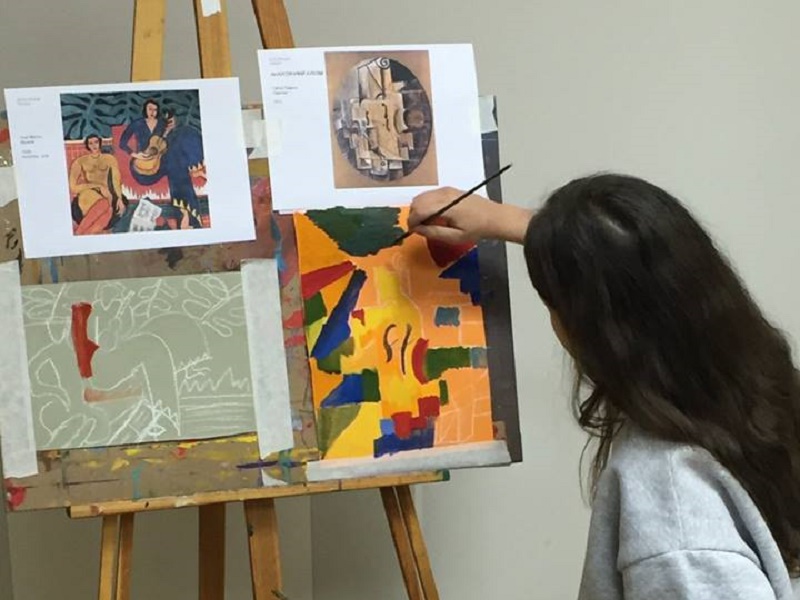

The students have to complete lessons, writing assignments and appear for examinations. The discipline of a student is also taken into account.īoth the teacher and the students are well accustomed to the facts and are deeply engrossed in the process of learning. This kind of education is given by those teachers and professors who are known to be efficient in their field. Higher education is usually taken by a person in his college or university.

The formal learning of a person begins from elementary school and continues with secondary school. One can learn many basic and academic skills. This kind of education generally takes place in school. Let’s discuss each of the three types of education one by one here: 1.

We have categorized education into three main types i.e. Children enhance their knowledge from their experience outside the classroom. Types of EducationĮducation is not limited to the four walls of the classroom. Today we are going to show you everything that you need to know about the three types of education. Chinese Provincial Government ScholarshipsĮducation is a systematic or non-systematic process of learning by research, study or experience.Įducation can also be defined as the process of acquiring or systematic distribution of knowledge in school, college or university.CSC Scholarships 2020 | China Scholarship Council | CSC China.

Is K-12 effective in the Philippines? Defend your answer. interactions with friends, family and work colleagues” (Smith, 2001). One way to distinguish formal, non-formal, and informal education from each other is this: Administratively, “formal education is linked with schools and training institutions non-formal with community groups and other organizations and informal covers what is left, e.g. Non-formal education programs include literacy and basicĮducation for adults and young people, learning programs for school drop outs,Īgricultural trainings, health education, trade union education, ruralĭevelopment and the role of women in development. Though normally having aĬurriculum and a facilitator, the offerings have few if any prerequisites. Programs under non-formalĮducation are usually short-term and voluntary. Whether operating separately or as an important feature of some broaderĪctivity – that is intended to serve identifiable learning clienteles and To “any organized educational activity outside the established formal system – Informal learning includes language acquisition and learning culturalĬonventionally acceptable manners and conducts. It commonly occurs outside educationalĮstablishments, does not follow a definite curriculum, and may ariseĪccidentally and sporadically. Neighbors, from work and play, from the market place, the library and the mass Informal education is “the truly lifelong process whereby every individualĪcquires attitudes, values, skills and knowledge from daily experience and theĮducative influences and resources in his or her environment – from family and language and culture) within formal or non-formal academic systems. Indigenous education denotes the insertion of indigenous knowledge, models, methods, and content (e.g. Homeschooling, distance education, online Special educationis provided to people with disabilities and is open to anyone who hasĪlternative education refers to a broad range of learning Other forms of education aside from or alongside the alreadyĪlternative, indigenous, informal, and non-formaleducation. Formal education Other forms of education Pedagogy is the science and art of how best to teach, instruct, or educate. Internship, research, e-learning activity, and other classroom or homeĭefined loosely, education may refer to any experience that has a formative effect on the manner a person thinks, feels, or acts. Through imitation, storytelling, lecture, discussion, teaching, training, Values, beliefs, practices, and behaviors typically Educationrefers to the system of formal teaching and learning asĬonducted through academic institutions.


 0 kommentar(er)
0 kommentar(er)
